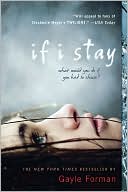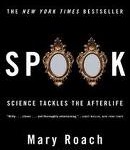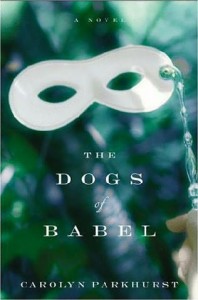Reading: it’s really a lost art. I’m not an old (although I’m about to sound like one), but kids these days just don’t read unless it’s the “Twilight” saga. Yes, I read that, but I also read everything I could get my hands on since I was four. My mother, thank God, didn’t think that stealing her Stephen Kings at age six was a good idea. So she’d take me to Crown Books (old!) and I was only allowed to pick books out from the “Classics” section.
I would read the back of the shampoo bottle. Much like with music, I have no shame or taste. I’ll read Dean Koontz while listening to Britney if I want. I’ll read “Vanity Fair” while listening to Chopin. I’ll read Chuck Palahniuk while listening to something intentionally “avant-garde.” So I think I have a pretty good range of reference when it comes to modern-day literature and non-fiction.
Everyone knows “The Great Gatsby” is a great book. Tom Wolfe’s great. But there are some great books that don’t have the reputation they have. So here’s a little list of authors you should get familiar with, if you haven’t. It’s by no means comprehensive, but these are some of the best writers of the last, we’ll say, fifteen years.
 Mary Roach
Mary Roach ,”Stiff,” “Spook,” “Bonk,” “Packing for Mars”
,”Stiff,” “Spook,” “Bonk,” “Packing for Mars”
Roach is a non-fiction writer that tackles subjects that she personally finds interesting, like cadavers, or sex. Aren’t we all a little interested in those things? Her books are very funny, and very nerdy-factual. I would marry her. There have been times that I
have literally spit/choked/giggled while reading her books. Don’t bring one on an airplane. Your seatmate will be concerned about your mental health.
Jonathan Franzen , “The Twenty-Seventh City,” “Strong Motion,” “The Corrections,” “Freedom”
, “The Twenty-Seventh City,” “Strong Motion,” “The Corrections,” “Freedom”
Franzen’s kind of a controversial guy, Oprah debacle aside. Some people love him; some people think he’s absolutely the epitome of navel-gazing, indulgent, latter-day ennui. I like his writing, perhaps because a lot of us are, in fact, experiencing some latter-day ennui ourselves. His books have a steep trajectory; each one is better than the next. He’s Tom Wolfe-esque. Only his slice of life is the upper-middle-class, over-educated and under-sane demographic.

Carolyn Parkhurst , “The Dogs of Babel,” “Lost and Found,” “The Nobodies Album”
, “The Dogs of Babel,” “Lost and Found,” “The Nobodies Album”
In all honesty, “The Dogs of Babel” is one of my favorite books of all time. Her books address loss, grief, redemption and love (you know, all the little things in life) without veering into chick-lit territory. Her writing is vivid and practically poetic. I’d compare her to Margaret Atwood, but she’s not quite Atwood, either. Sometimes, her books are visceral and heartbreaking. Her voice is really unique, and if you only read one book from this list, read “Dogs.”
Jen Lancaster , “Bitter Is the New Black,” “Bright Lights, Big Ass,” “Such a Pretty Fat,” “Pretty in Plaid”
, “Bitter Is the New Black,” “Bright Lights, Big Ass,” “Such a Pretty Fat,” “Pretty in Plaid”
Lancaster is equal parts chick lit, sarcastic bitch, and pop-culture analyst. If you read her books, start at the beginning; they’re all memoirs…so reading in that sequence helps. As a bitchy pit bull owner from Chicago, they struck a certain chord with me. Her books are full of snark, and we do love the snark here, so again, be prepared for a decent amount of wine-spitting when you read her books.
Amy Hempel , “Reasons to Live,” “At the Gates of the Animal Kingdom,” “Tumble Home, “The Dog of the Marriage”
, “Reasons to Live,” “At the Gates of the Animal Kingdom,” “Tumble Home, “The Dog of the Marriage”
Hempel is, in many ways, the antithesis of Franzen. She’s a minimalist, and her words are chosen very carefully to elicit readers’ responses without saying very much at all. Her prose is stark and clean but still manages to reverberate in my head long after I’ve finished a story. She writes mostly short stories, and short leaves plenty of room for an echo chamber of feelings and thoughts after reading a piece by her. “The Collected Stories of Amy Hempel” is a great place to start.
So, those are my picks. You’ll definitely disagree (and maybe agree), but I tried to pick just five of the amazing authors out there. There are many honorable mentions, but I’d be remiss if I didn’t list just one:
Kurt Vonnegut , everything.
, everything.
 Vonnegut’s main body of work isn’t in the last fifteen years, but he’s easily one of the best, and most prolific, writers of the last fifty years. Satire is effortless for this man. As a nod to our mascot, the honey badger, he doesn’t give a shit. At all. His books lampoon everything from the end of the world to mental illness to modern politics. He makes sci-fi cool. He’s a shameless lefty and atheist. He is just fantastic, funny, and brilliant (yes, I clearly have a crush on a dead man). My introduction to Vonnegut was “The Sirens of Titan,” but you can start anywhere, as long as you keep picking up another Vonnegut book. The world is less amazing without Kurt Vonnegut in it.
Vonnegut’s main body of work isn’t in the last fifteen years, but he’s easily one of the best, and most prolific, writers of the last fifty years. Satire is effortless for this man. As a nod to our mascot, the honey badger, he doesn’t give a shit. At all. His books lampoon everything from the end of the world to mental illness to modern politics. He makes sci-fi cool. He’s a shameless lefty and atheist. He is just fantastic, funny, and brilliant (yes, I clearly have a crush on a dead man). My introduction to Vonnegut was “The Sirens of Titan,” but you can start anywhere, as long as you keep picking up another Vonnegut book. The world is less amazing without Kurt Vonnegut in it.
So, please share your favorite authors in the comments, and I’ll ferociously defend my choices, as well.
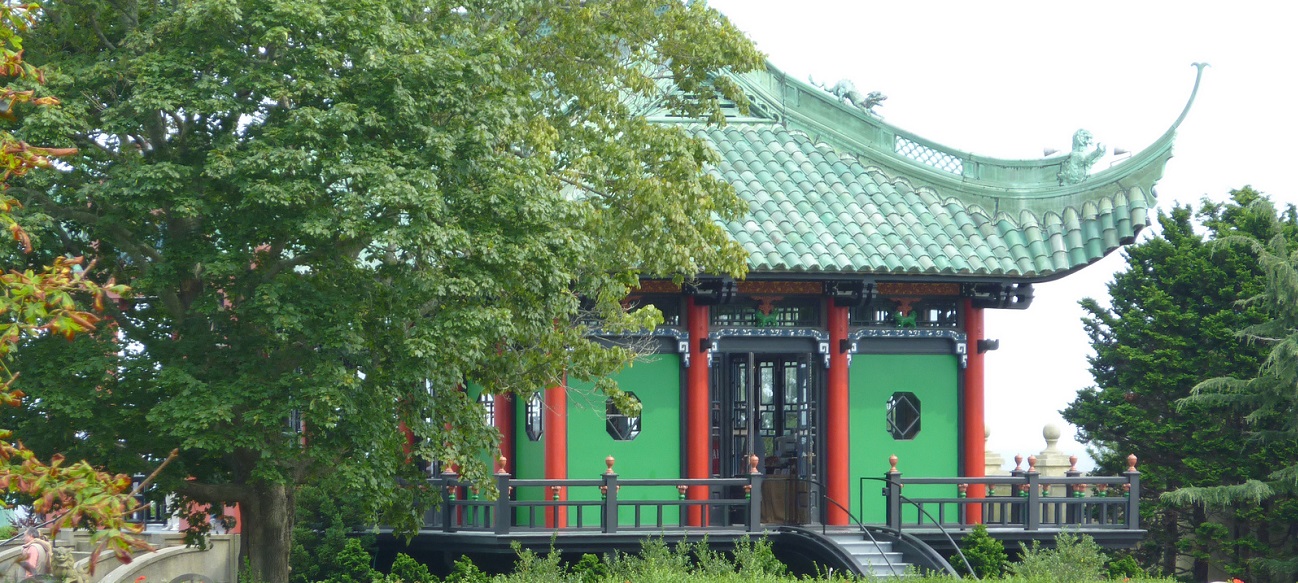

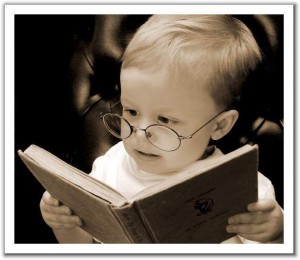

.jpg)
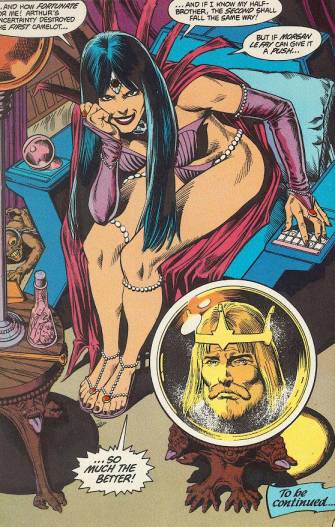


 Leftovers and Such a Pretty Girl, both by
Leftovers and Such a Pretty Girl, both by 


